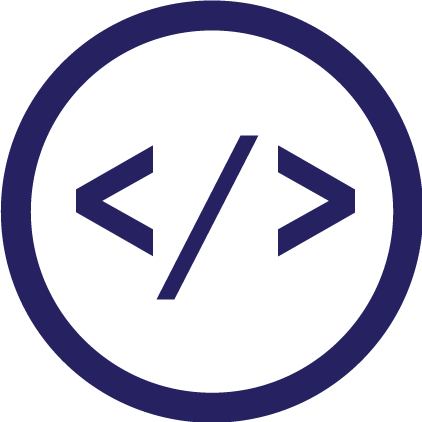Generative & Electronic
My work focuses on designing generative music algorithms for live performances. I make sound with my guitar and laptop, blending Tidal Cycles live coding with electric guitar looping. Beginning as a classically trained guitarist, my music has evolved into a unique conglomeration of glitchy ambient techno—a mix of chopped-up nature sounds layered over techno beats, with classical-inspired melodies. I utilize generative ML models and synthesizers in my work, pushing both to their limits to create gnarly timbres.
In October 2024, I was a finalist in the AI Song Contest for my piece "Echoes of the Synthetic Forest." This immersive soundscape creates the experience of a relaxing walk through a surreal forest filled with robotic birds and crunchy distorted leaves. I trained AI agent for concatenative sound synthesis based on my on compositions for this piece, and performed it live at the televised AI Song Contest Finals in Zurich, Switzerland
I perform using TidalCycles live coding and electric guitar throughout New England and New York. In June 2024, I performed at Wonderville in Brooklyn with LiveCode NYC, where I processed my guitar through a Roland GR-55 Guitar Synthesizer and recorded loops into Tidal Cycles using the tidal-looper library.
In Fall 2023, I collaborated with researcher's at McGill CIRMMT and visual artist Angus MacMinn to create an interactive audiovisual installation in the Satosphere at the Société des arts technologiques (SAT) in Montreal. The generative music for this installation used SuperCollider and machine learning to create responsive sonic environments that adapted to participant movements captured by T-Sticks, and morphed from natural ambient sounds to distorted electronics.
In June 2022, I led a workshop hosted by Music Hackspace in London to teach composers and producers how they can incorporate machine learning and AI into their creative practice. The talk was geared to creatives with no prior background in programming or ML. We started with a light introduction to RNN and VAE architectures, then I walked participants through freely available VSTs, web apps and Max externals that utilize these models for melody generation and timbre transfer.
In April 2022, I performed my first ever live SuperCollider set at The Crypt in Camberwell, London. I made my own custom digital synths for this live code set.
For more information on the technical breakdown of my generative pieces, check out my software portfolio page.
Classical Guitar
I have been a guitarist since I was 10 years old. I initially fell in love with the instrument listening to my parents Led Zeppelin albums and spent my first few years of playing focused on classic rock. In high school I switched my focus to classical guitar after learning one of the Bach Cello Suites and realizing how beautiful and expressive classical music could be. From there I went on to study classical guitar in college with professor James Ferla at the Carnegie Mellon University School of Music in Pittsburgh PA. During my time in Pittsburgh, I was featured as a concerto soloist with the CMU Classical Guitar Ensemble and performed with chamber group partners ranging from renaissance vocalists, to string quartets, to banjo players.
I currently perform as a freelance classical guitarist in the greater Boston Area, specializing in wedding ceremonies, cocktail hours and dinner parties. With my unique background in performance, audio engineering and sound design, I am well equipped to provide a well equipped to provide the perfect sound for any event. From intimate wedding ceremonies to loud cocktail parties, I can set up a professional sound system and select music that will create the perfect atmosphere for the event at hand. A previous client praised my work in a review stating "Sara's professionalism was top notch, her music selection was amazing and her artistic gift is beyond comparison, her music in the castle was amazing."
To book me as a musician for your next event, please send an email to booking@saraadkins.com. You can also visit my profile on The Bash to request a quote. I can put together a program of music from my extensive repertoire list tailored to your event and musical preferences, and am also happy to take requests or put together a classical arrangement of your favorite pop song. Below you will find recordings of me playing some of my favorite classical pieces:
Audio Engineering
During my undergraduate degree at Carnegie Mellon, I worked as a sound engineer in the Vladmir Recording Studio. I was responsible for running recording sessions and mixing tracks for local Pittsburgh artists. Below are several samples of my mixing and mastering work from a variety of genres. All tracks were recorded and edited using Pro Tools.








